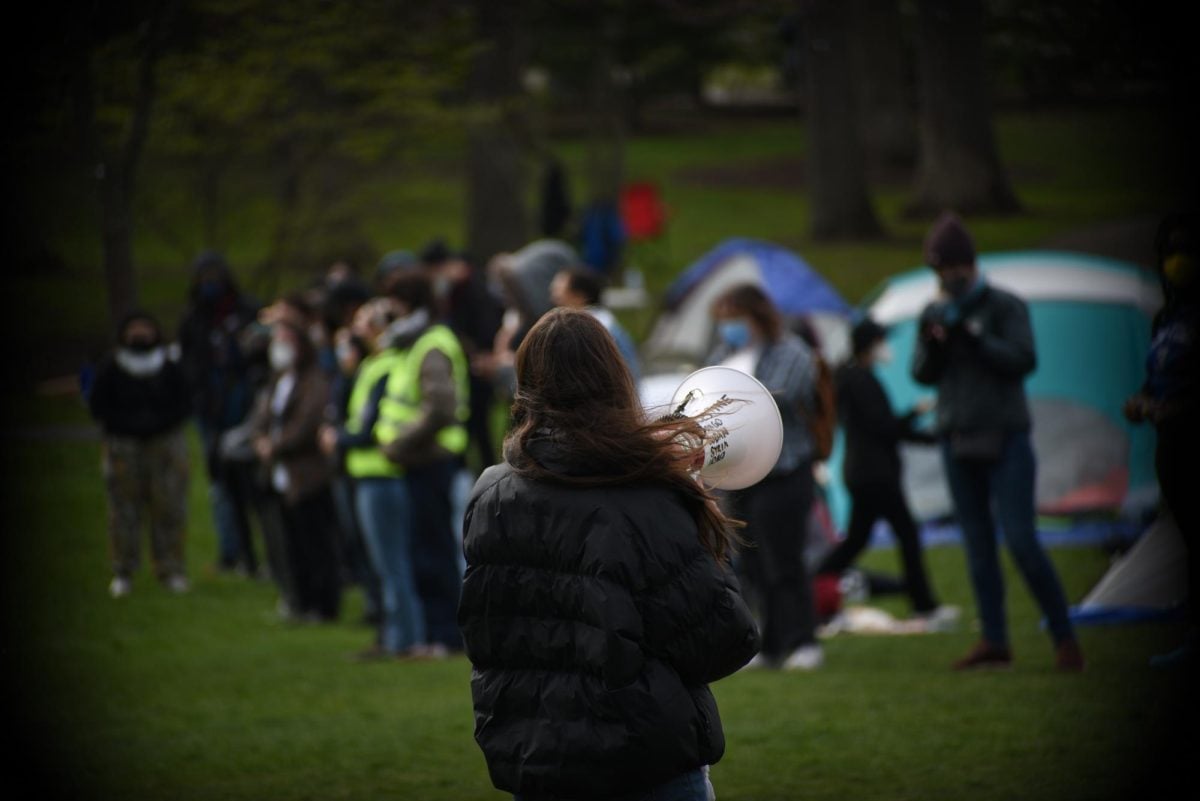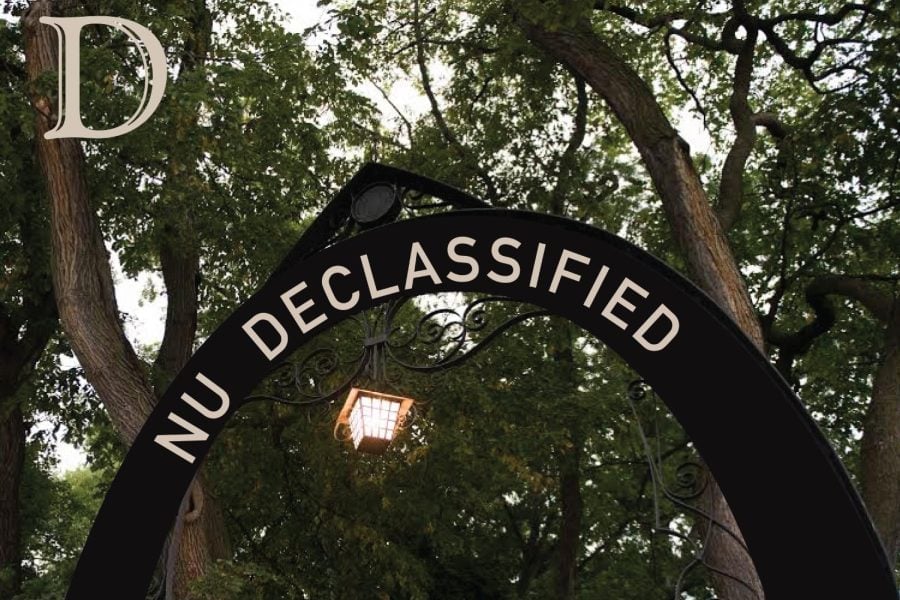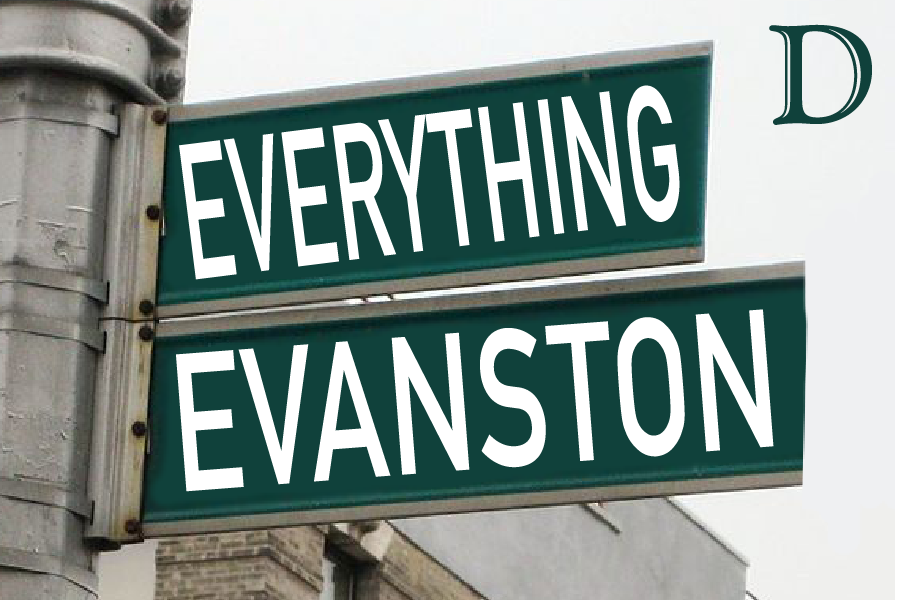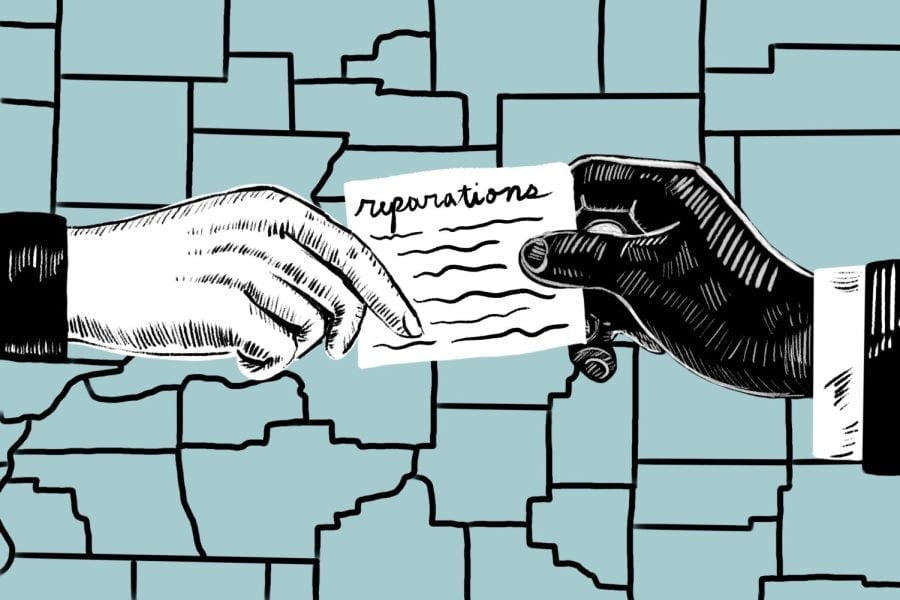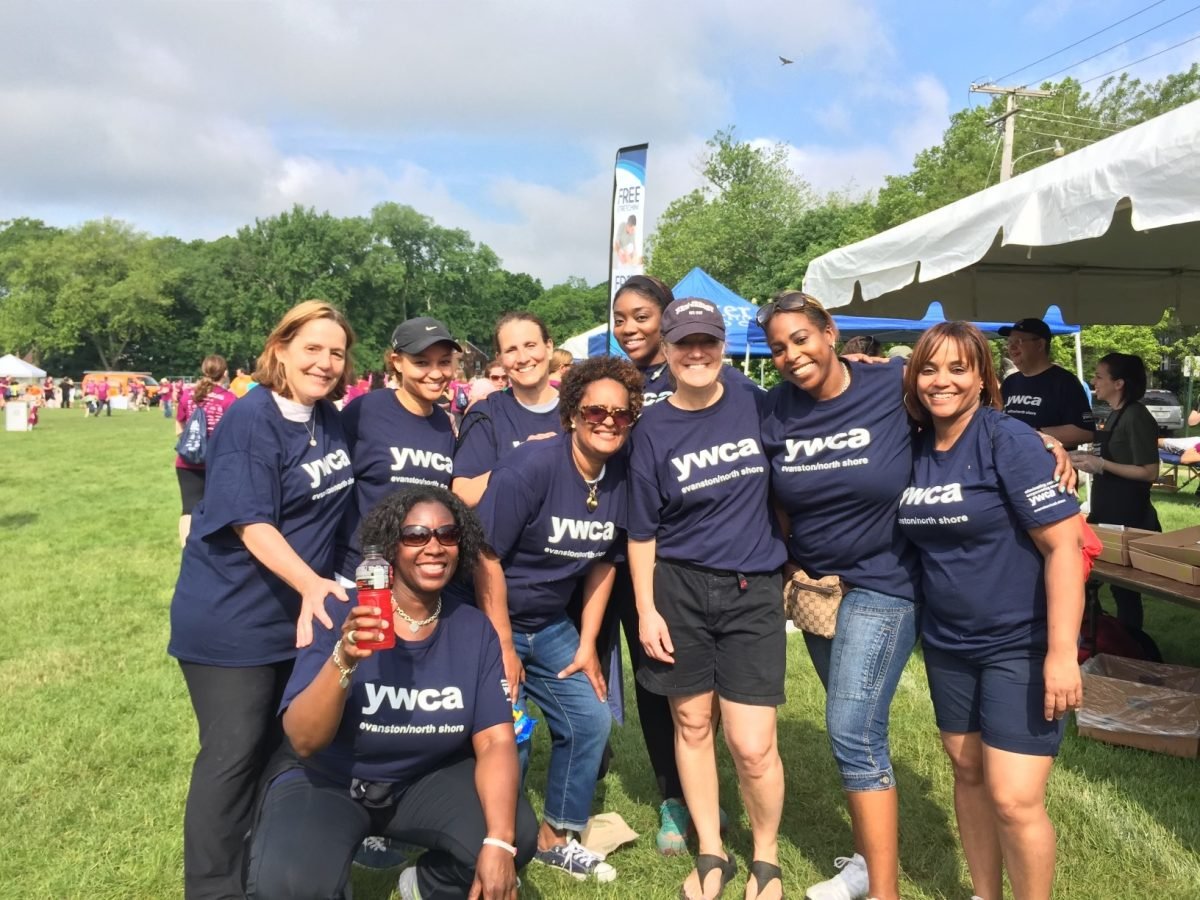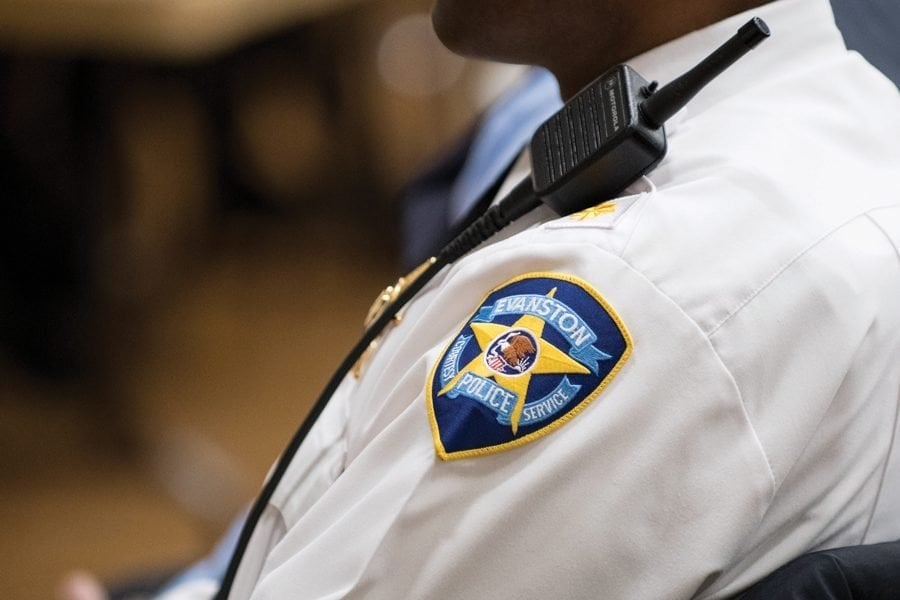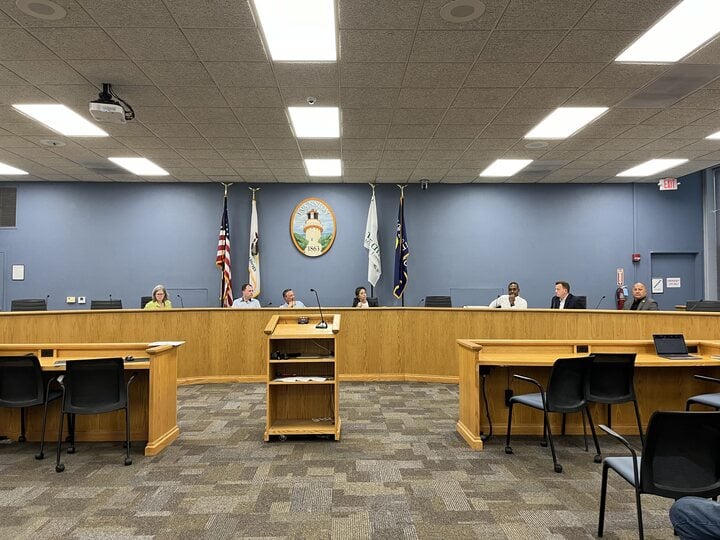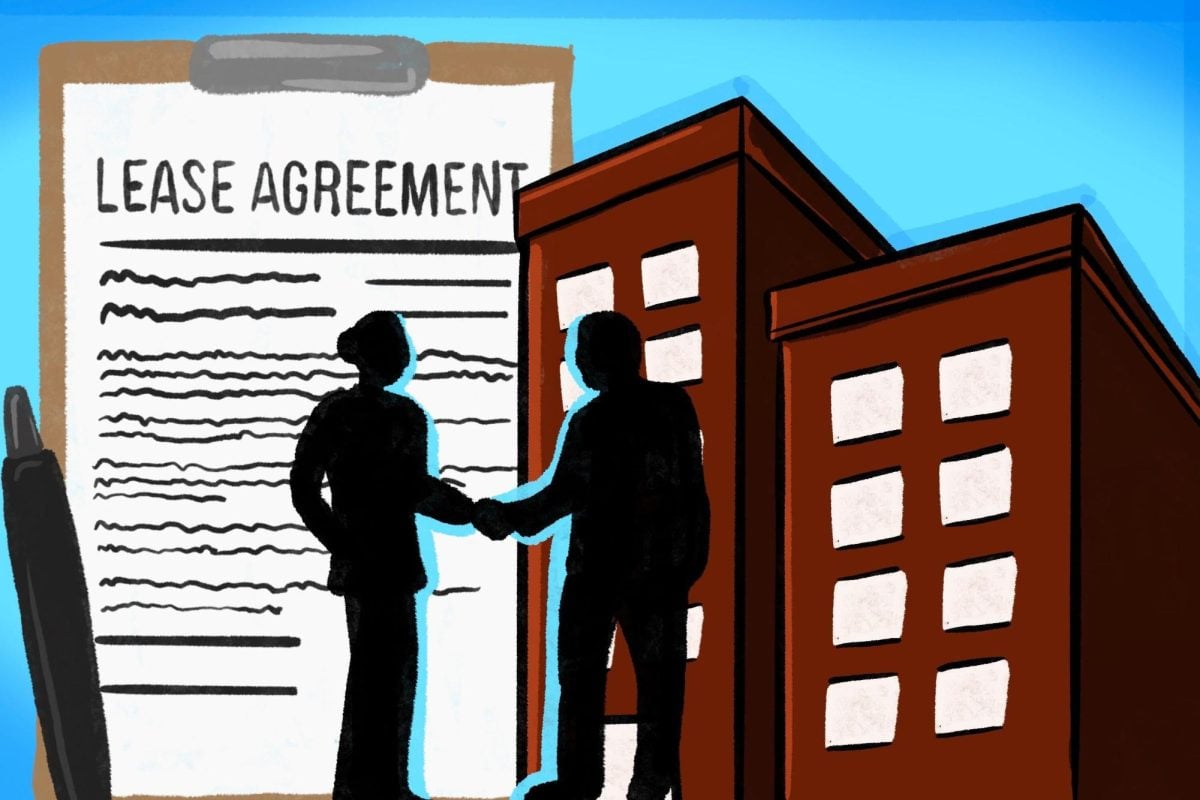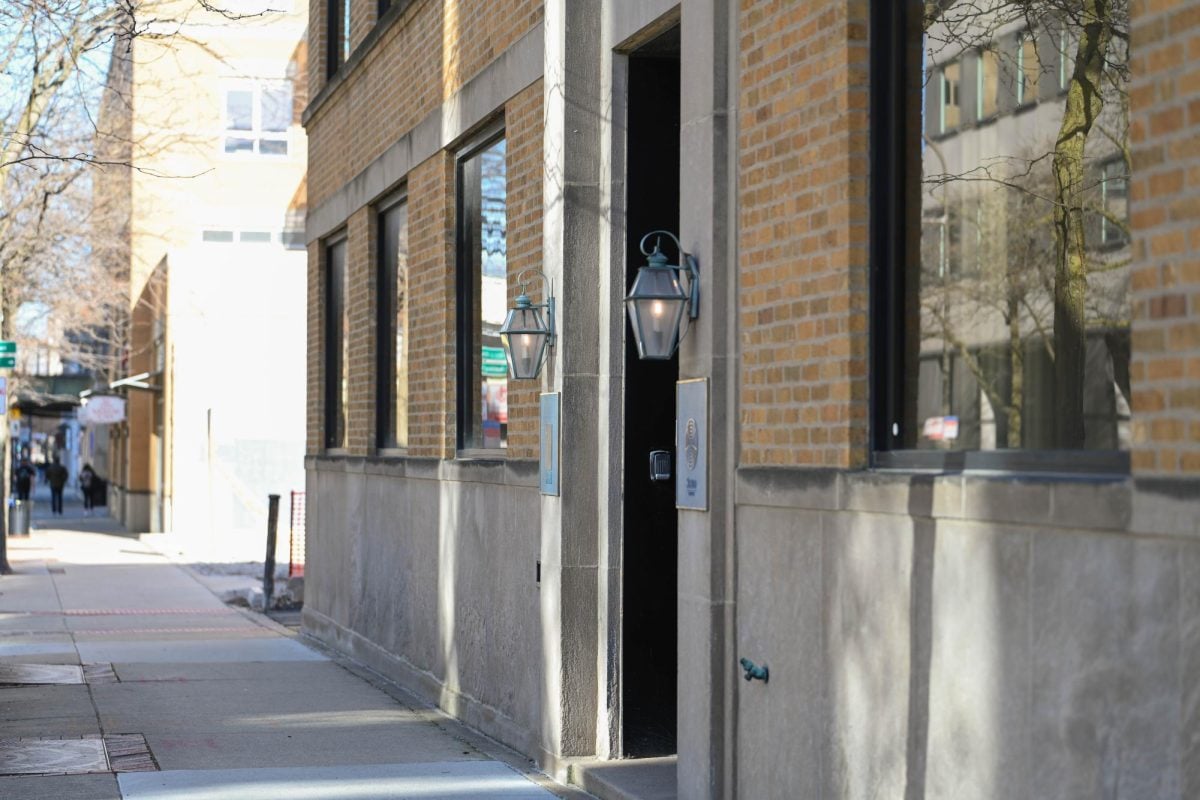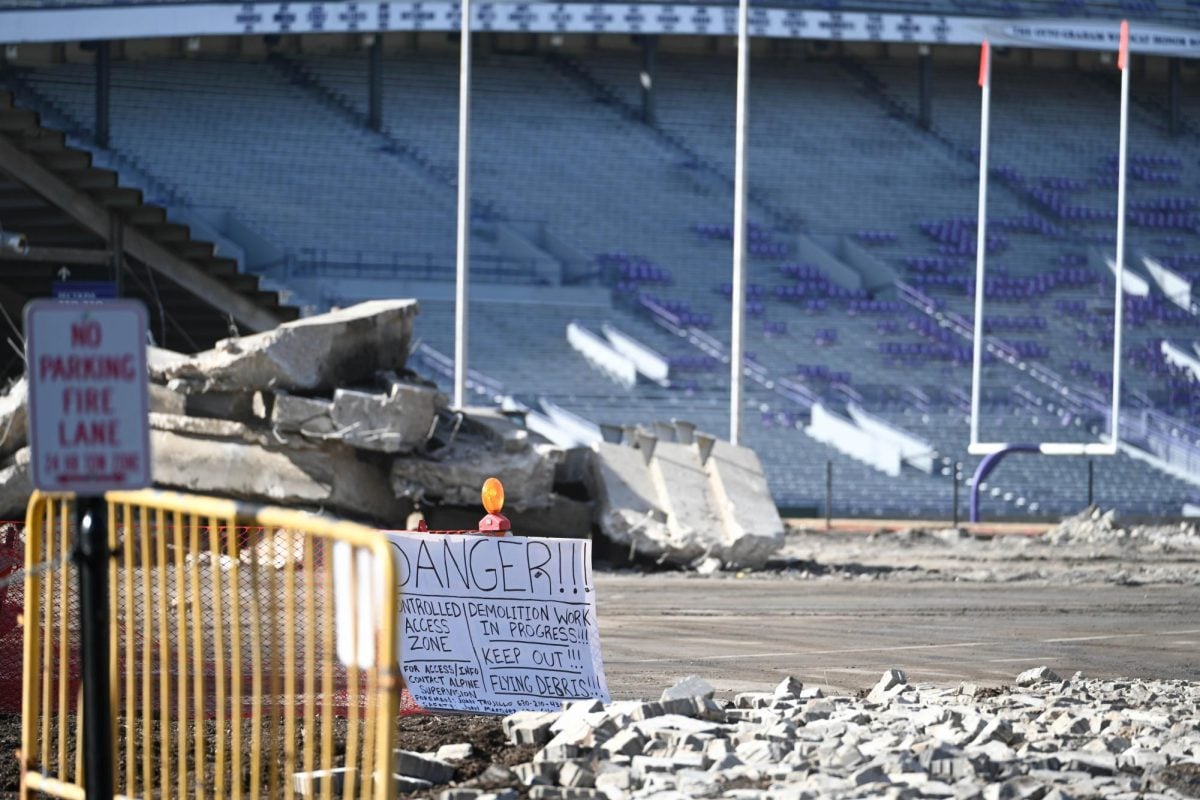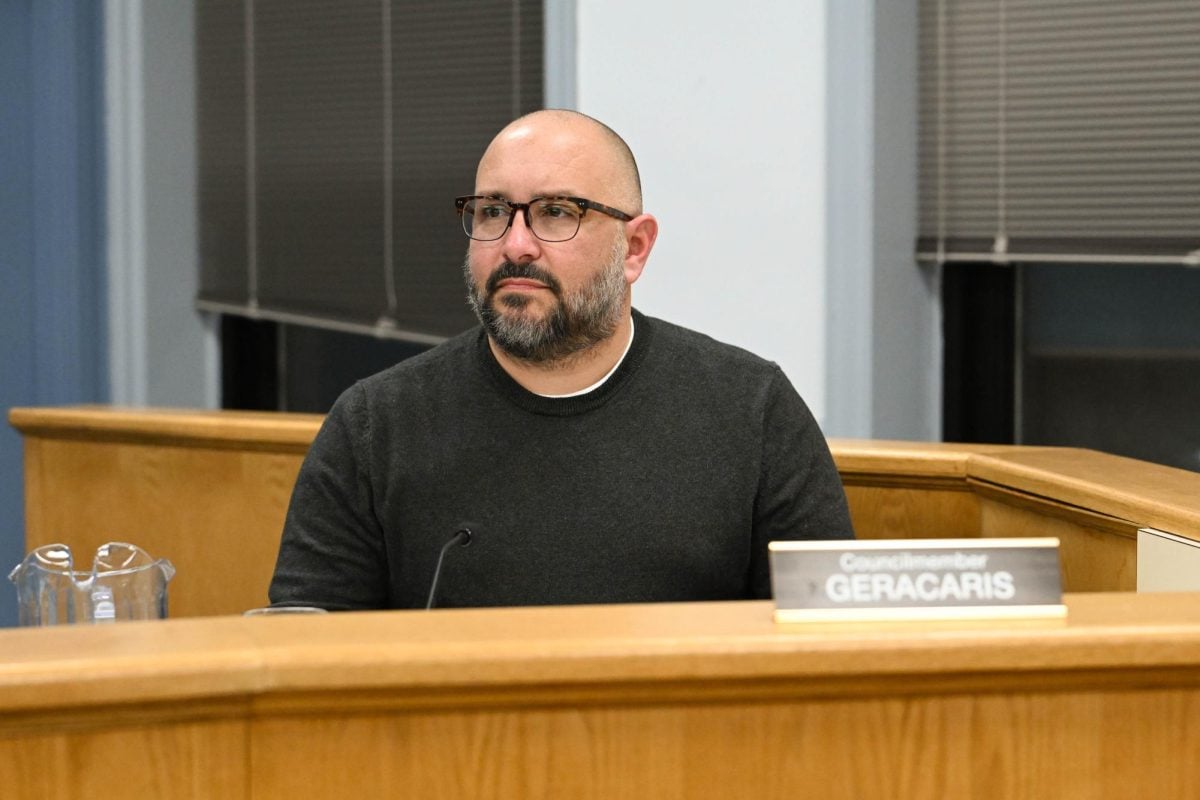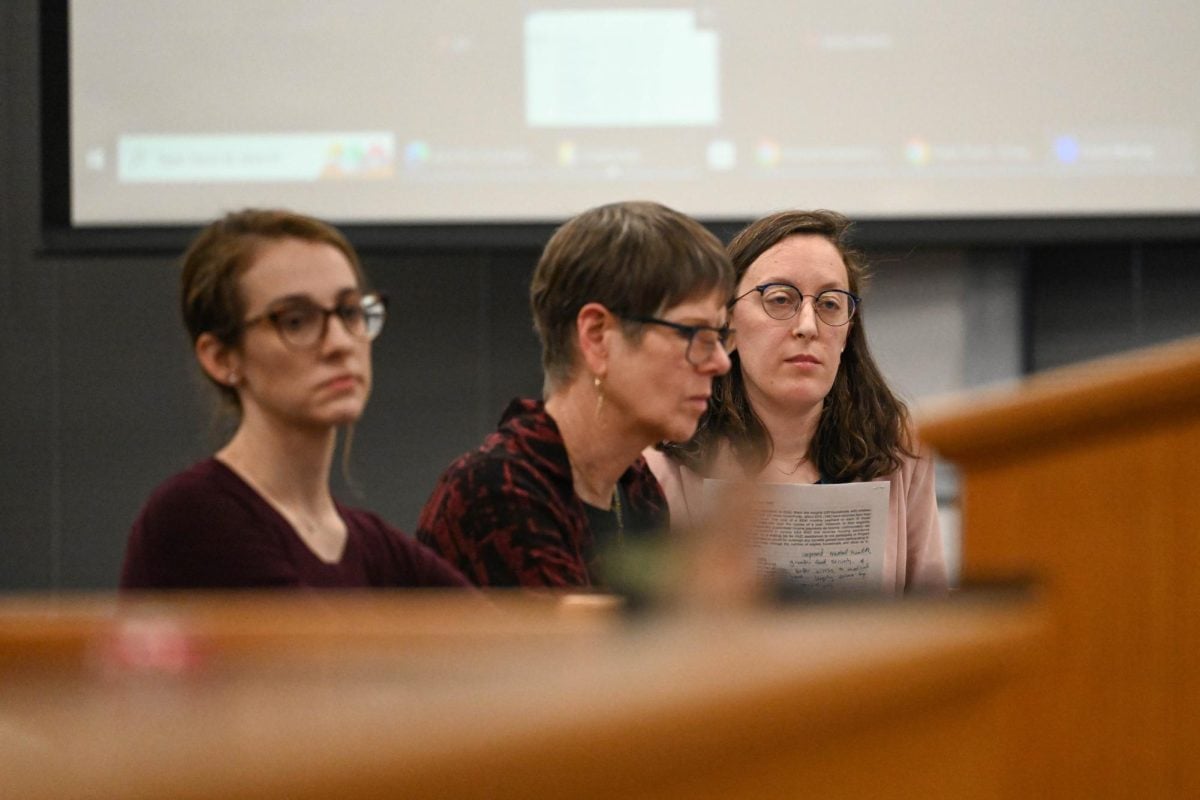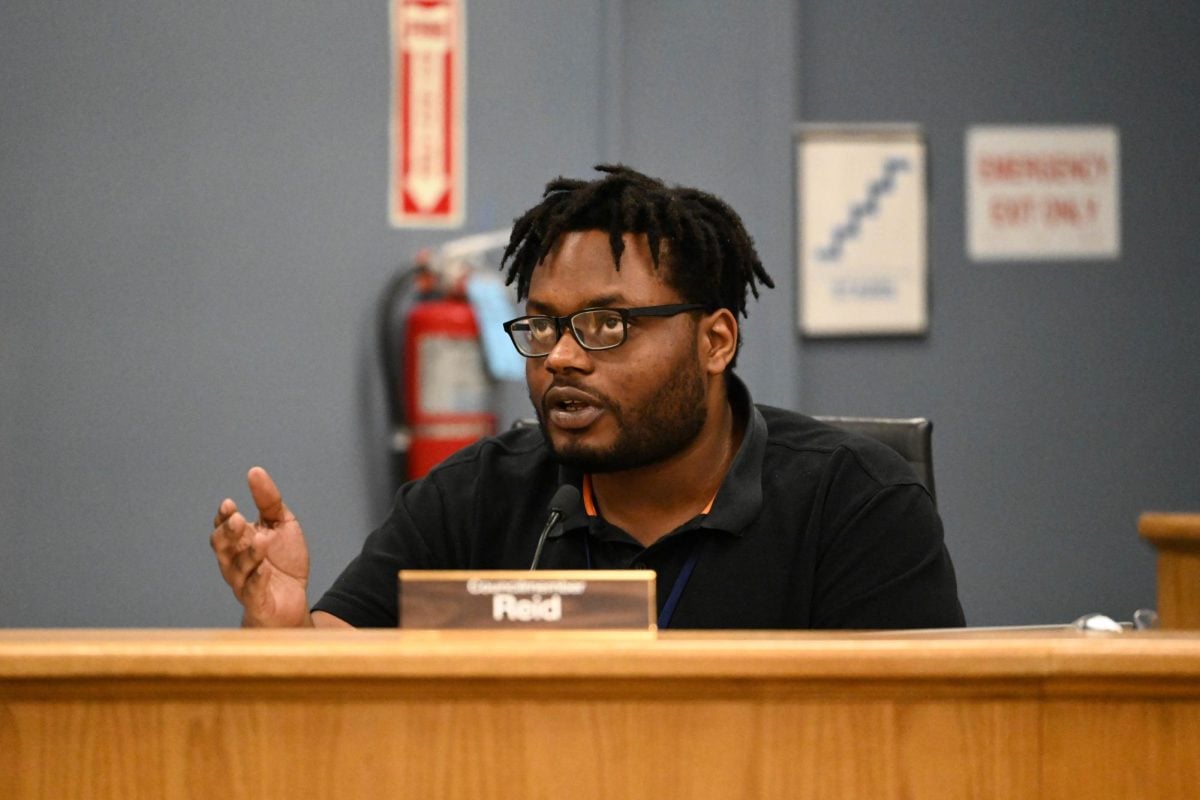Podcast (everythingevanston): Play in new window | Download
Evanston City Council is voting about whether to rebuild Ryan Field on Monday.
Listen to a recap of the debate behind the stadium’s rebuild before the big vote.
YVI RUSSELL: I’m also opposed to the construction of the new stadium on the grounds of the demolition. The demolition is going to pollute our environment tremendously.
DERRICK GRAGG: The rebuild of this stadium is an opportunity to bring meaningful change to all of Evanston.
ANAVI PRAKASH: That was Evanston resident Yvi Russell followed by Northwestern’s Athletic Director Derrick Gragg. Their perspectives highlight the heavily contested debate on whether NU should rebuild Ryan Field.
From The Daily Northwestern, I’m Anavi Prakash. Welcome to the latest episode of Everything Evanston, a podcast exploring all things Evanston.
Today, we are looking into the Evanston City Council meetings’ conversations about rebuilding Ryan Field.
[music]
ANAVI PRAKASH: The Rebuild Ryan Field project was announced in September 2022. The proposed plan outlines three main changes. One, the new Ryan Field would seat 12,000 less people, shrinking from 47,000 to 35,000 seats. Two, it would add a canopy to the top of the stadium to protect spectators from extreme weather. Three, the field would serve as a concert venue where the University plans to sell alcohol.
The fate of the project is now in the hands of the Evanston City Council, who will vote on whether the stadium can host concerts at their Nov. 13 meeting.
SHUN GRAVES: There are definitely divisions within the council. I mean, Mayor Biss had to tie-break on a procedural vote allowing whether to even let this become a final action item for next week.
ANAVI PRAKASH: That was Daily reporter Shun Graves, who covered the Oct. 30 City Council meeting. At the meeting, City Council introduced an ordinance about holding concerts at Ryan Field. Evanston Mayor Daniel Biss broke the council’s 4-4 tie in favor of the ordinance. This comes after the Council’s Land Use Commission recommended rejecting the concert rezoning at its Oct. 11 public hearing.
MATT RODGERS: By a vote of 7-2, the recommendation fails, so it’ll move forward with a negative recommendation.
ANAVI PRAKASH: That was Matt Rodgers, chair of the Land Use Commission. This commission is an advisory committee to the City Council, and its members are all volunteer Evanston residents.
ANAVI PRAKASH: An independent study commissioned by Evanston estimated that holding six concerts would give the city $77.8 million in revenue per year. Over five years, the city would gain an additional $2.5 million in tax revenue and 510 jobs, according to the report.
Nonetheless, Ryan Field becoming a concert venue is a contentious point for many stakeholders. Some residents at the City Council meeting wore large circular pins that said “No Rezoning” in white over a red hand. The Daily’s City Editor Lily Carey explains.
LILY CAREY: People who are neighboring the field don’t really want this big noisy concert venue right next to them. There are also people who are genuinely concerned about the broader impact it could have on the city.
ANAVI PRAKASH: Concern stems from beyond Evanston as well. Wilmette Village President Senta Plunkett spoke at the Oct. 30 meeting.
SENTA PLUNKETT: Wilmette remains steadfast in its opposition to any number of concerts in the middle a residential neighborhood.
ANAVI PRAKASH: Plunkett listed traffic, parking, noise and public safety concerns as a part of her reasoning.
SENTA PLUNKETT: Ultimately, we fail to see how such adverse impacts can be satisfactorily mitigated.
ANAVI PRAKASH: City Council updated the concert ordinance to reflect some of these concerns. Now, the ordinance states that Northwestern will be fined $50,000 for every sound violation and $25,000 for every traffic violation.
LILY CAREY: People who are in favor of it from my experience have usually stuck to the economic benefit that it could bring. Obviously, if you have a rebuilt field that could host concerts, those concerts are going to bring in more tax revenue and potentially tourism to the city.
ANAVI PRAKASH: However, some are still skeptical about the effects the rebuild will have on Evanston’s economy.
Members of the Most Livable City Association said that the stadium will bring large amounts of traffic that will hurt local businesses. They said they’re worried Evanston residents won’t want to venture downtown amidst the congestion on the streets.
Many Evanston residents want to see the community reap benefits from the new stadium. They are advocating for the creation of a community benefits agreement, also known as a CBA.
LILY CAREY: A community benefits agreement is a broader term for a legally enforceable contract that one person says, ‘I will do this for you.’ It’s usually made when some sort of construction project is happening.
ANAVI PRAKASH: Northwestern released its CBA on Oct. 30, only a few hours before the City Council meeting. The CBA promised the city $100 million over ten years through a variety of programs. At the meeting, 6th Ward Ald. Tom Suffredin said it is important to ensure the CBA was a joint effort between the University and the city.
LILY CAREY: It definitely seems like something that’s coming together pretty last minute, which I think is something that people I’ve talked to are skeptical of.
ANAVI PRAKASH: Several groups, including the Northwestern Accountability Alliance, have been pushing the University for a CBA. This alliance is a coalition made up of Evanston and NU campus groups. In September, the coalition held a protest to push Evanston leaders to create a CBA with the University.
LILY CAREY: It strikes a chord with people because Northwestern has always had a tense relationship with the city of Evanston as a government entity.
ANAVI PRAKASH: The University does not pay city taxes, and the stadium will be built entirely through private dollars.
SHUN GRAVES: Some faculty members have brought up this issue of the school going into debt to help finance the stadium.
ANAVI PRAKASH: The University, however, says that in the long run, the revenue from concerts will help with the maintenance and construction costs.
The Pokagon Band of the Potawatomi Indians have also expressed concern about the rebuild. Their Tribal Historic Preservation Office sent a letter to the Land Use Commission in early October. The letter said they were concerned that the land proposed for the rebuild contains archaeologically sensitive grounds and Native American ancestral burials. They requested that archaeological oversight occur before the build begins.
The Land Use Commission’s memorandum of understanding now encourages consulting Native American tribal representatives and the State Historic Preservation Office before construction begins.
LILY CAREY: I’ve also seen students being like, we really want this or we don’t really want this. I feel like city reporting is usually somewhat separate from campus reporting. This is the biggest time since I’ve been at The Daily that I’ve seen city and campus reporting come together so much.
ANAVI PRAKASH: All these different views of the Ryan Field rebuild will culminate in City Council’s official votes on Nov. 13. The council will vote on an ordinance for the rebuilding of the stadium and on whether Ryan Field will also serve as a concert venue. If the ordinances pass, Northwestern will have the city’s permission to begin construction, which is estimated to be completed in 2026.
[music]
ANAVI PRAKASH: From The Daily Northwestern, I’m Anavi Prakash. Thanks for listening to another episode of Everything Evanston. This episode was reported and produced by me. The audio editors of The Daily Northwestern are Virginia Hunt and Lily Shen, the digital managing editors are Scott Hwang and Laura Simmons, and the editor-in-chief is Avani Kalra.
Email: [email protected]
Twitter: anavi_52
RELATED STORIES:
— City Council narrowly introduces Ryan Field concert plan, setting up contentious November vote


